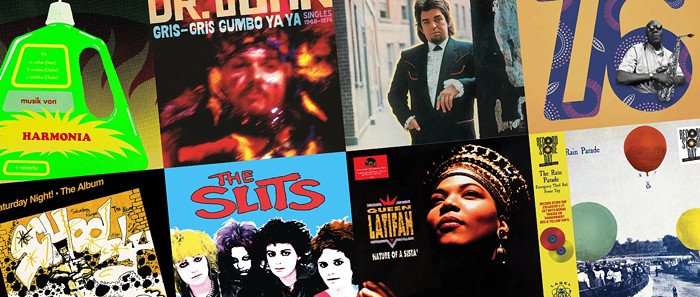Stephanie Wicker has been a fixture in Northwest rock since the early '90s, both as a musician and a self-taught sound engineer. A talented guitarist best known for co-founding the now-defunct Western State Hurricanes with John Roderick, Wicker has been rather quiet over the last year, occasionally lending her angelic soprano and keyboard skills to the quirky pop of Orbiter. Orbiter is doing a live in-store performance at the Ballard branch of Sonic Boom records on Fri May 10 at 6 pm.
How did you get involved with recording bands? "I've always been interested in the process of recording. I used to practice in a space that had a control room and I just loaded it up with gear and started recording. At first it was just a four-track, a couple 57s [microphones], and a deck to bounce tracks to, and it slowly grew from there. I started asking folks whose music I liked if I could record them. Every time a band I was in was in the studio, I'd follow the engineer around like a puppy, asking questions and emptying ashtrays. I also worked in a music store and picked all the gearheads' brains."
What's the story with that last Western State Hurricanes record? Is it ever going to see the light of day? "Well, I don't know. Last I heard there was some weird battle over ownership of the master tapes... but that was a while back and maybe it's been resolved. My gut feeling is that it will not be finished--although some of those songs are now on the new Long Winters record and sound very good rearranged and re-recorded. It's sad to have had an entire record in the can and then break up. That's happened to me twice now; a band I was in years back called Algae had just finished a full-length and before we finished mixing it, poof! Band breaks up. I am glad Orbiter didn't break up. It looks like this band's going to make it all the way through the release!! Hooray!"
Is your current approach to writing different than it was when you were in your teens and 20s? "I have always operated almost entirely from an emotional place. In my teens and 20s I was pretty messed up and I know that the music I created--and the music I was drawn to--reflected that. I don't honestly know how my approach to writing or playing music is different now. All I know is I feel much more sane than I did in my 20s--and I hope the music is benefiting from it."

















